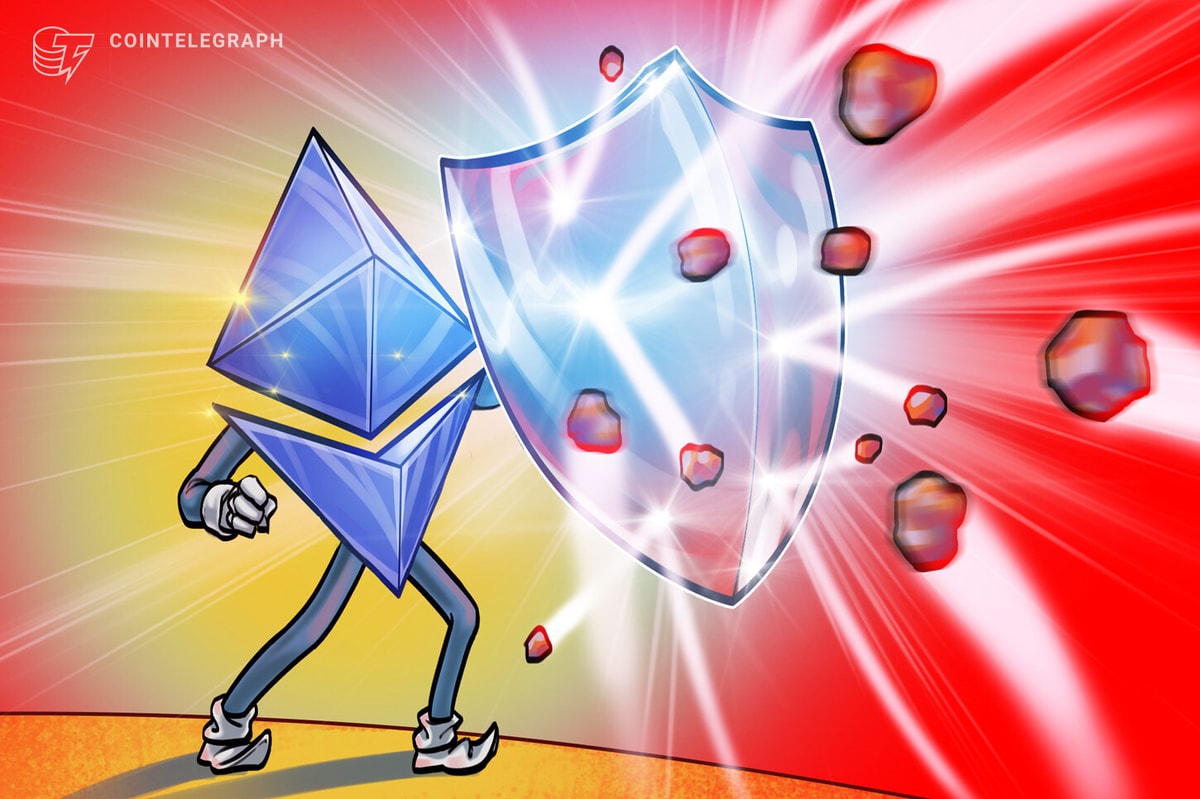Near Field Communications (NFC) is a modern technology that allows communication between two electronic devices without an internet connection. There are many reasons why NFC is beneficial to consumers but as with many modern technologies; it doesn’t come without its risks.
Platforms such as Apple Pay and Google Wallet both use NFC and the added convenience is by far the most popular advantage, as NFC makes it quick and easy for people to make purchases from their contactless cards or their mobile phone.
The benefits
Let’s take a look at how NFC technology is used and how it is beneficial:
Contactless Cards: The introduction of contactless cards in 2007 by Barclays Bank revolutionized the way many of us make payments in stores for anything from our weekly supermarket grocery shopping to buying a lottery ticket. A maximum amount of £30 can be spent on a contactless card and it is convenient as it eliminates the need for consumers to have to type in a PIN or sign for anything.
Apple Pay: Designed to make it quick and easy for Apple users to make a payment, Apple Pay allows consumers to make payments without having to have a physical wallet or purse. This is a handy way to speed up the payment process for a number of purchases and without the NFC technology, Apple Pay wouldn’t be able to function.
Hidden dangers
As well as the standard issues with theft, as users can continue to use contactless payments without having to input any pin or signature, there are further issues that only arise due to the nature of the technology. Individuals can steal details from a phone or card that you think is safely tucked away in a bag, pocket or wallet and the most worrying aspect is that they don’t need to physically touch the phone or card to get hold of this data. Thieves do this by using an NFC reader to steal the information held on the phone or card, which can be done anywhere from when you stand in a queue to your commute on the train. Cyber thieves can also access important private data by hacking into an internet system, which can mean information about anything from online banking to PayPal can be stolen.
Douglas Crawford, editor at BestVPN.com stated:
“As has been proved time and time again, if anything exists on a computer then it can be hacked. Indeed, the rise in popularity of contactless payment cards means that no verification of identify is required to make low-level purchases. Losing your bank card (whether due to careless or theft) can now become very expensive very quickly, with no high-tech magic required!”
Security solutions
There are a few solutions that can be used to counteract the danger posed by cyber thieves such as the use of fingerprint technology, anti-viruses, keeping passwords safe and protected, and customised card holders that will block readers from being able to steal the data. However, there is one undisputed champion when it comes to keeping your details secure when online and that is a Virtual Private Network (VPN). When using preventative measures such as a VPN and card holders, technologies such as NFC can be used without too much fear of loss, theft, and data mining.











